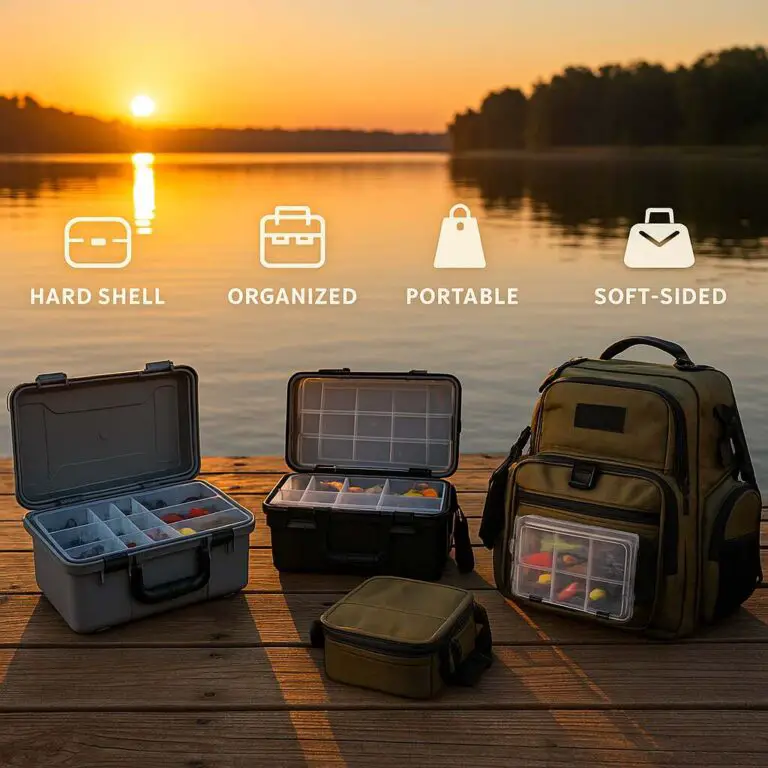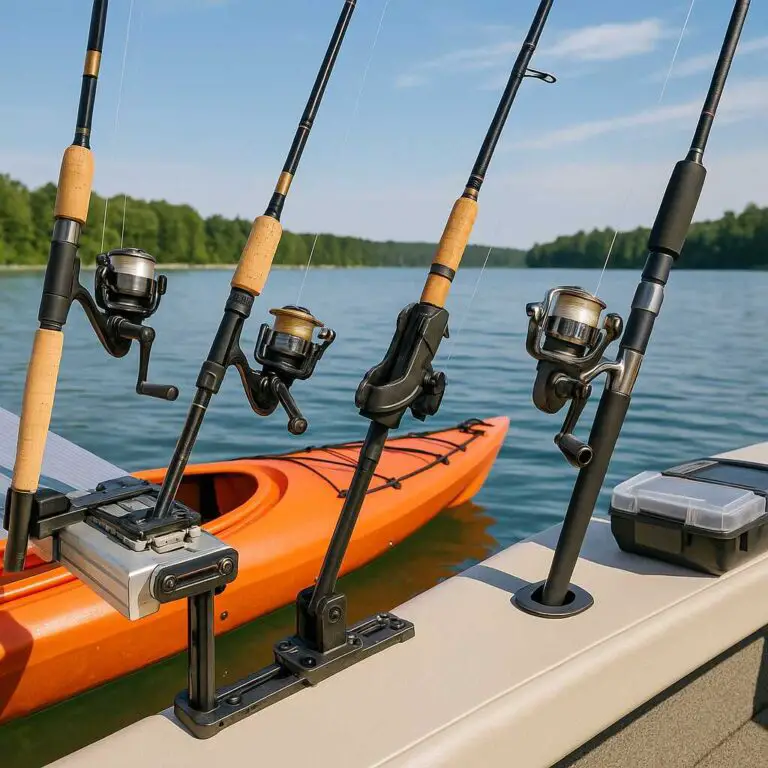Fishing enthusiasts often debate whether freshwater reels can be used in saltwater environments. It’s a valid concern considering the corrosive nature of saltwater and the potential damage it can inflict on fishing gear.
Yes, you can technically use freshwater reels in saltwater environments, but it’s not recommended due to the significant risks involved. Freshwater reels are not designed to withstand the corrosive nature of saltwater, which can lead to damage and deterioration of critical components over time.
Saltwater is highly corrosive and can rapidly degrade materials that are not adequately protected against it. Freshwater reels are typically constructed using materials such as aluminum, graphite, or stainless steel, which may not provide sufficient corrosion resistance in saltwater conditions.
Using freshwater reels in saltwater can result in corrosion and rusting of bearings, gears, and drag systems, leading to reduced performance and a shortened lifespan for the reel.
The Risks of Using Freshwater Reels in Saltwater
Using freshwater reels in saltwater environments poses several risks, primarily due to the corrosive nature of saltwater. Here are some of the key risks with this practice.
1. Corrosion Damage
Saltwater is highly corrosive and can rapidly deteriorate materials that are not adequately protected from saltwater. Freshwater reels are not designed to withstand prolonged exposure to saltwater, leading to corrosion and rusting of critical components such as bearings, gears, and drag systems.
2. Reduced Performance
As corrosion sets in, the performance of freshwater reels will inevitably decline. Corroded bearings can become stiff, affecting the smoothness of the reel’s operation. Corroded gears may experience increased friction, leading to erratic or uneven line retrieval. Ultimately, the reel’s overall functionality and performance will be compromised.
3. Shortened Lifespan
Continuous exposure to saltwater accelerates the degradation of freshwater reels, significantly shortening their lifespan. What might have been a durable and reliable reel in freshwater conditions can quickly become unusable in saltwater environments, requiring frequent repairs or replacements.
4. Potential Safety Hazards
Corrosion and deterioration of critical components can pose safety hazards to the angler. A reel that fails unexpectedly due to saltwater corrosion could result in lost fish, damaged equipment, or even injury to the angler.
Tips for Mitigating the Risks
While the risks of using freshwater reels in saltwater are significant, there are steps you can take to mitigate them:
- Regular Maintenance: Regardless of whether you use your reel in freshwater or saltwater, regular maintenance is essential for prolonging its lifespan and ensuring optimal performance. After each saltwater fishing trip, thoroughly rinse your reel with freshwater to remove any salt residue. Additionally, lubricate moving parts and apply corrosion inhibitors as needed.
- Invest in Corrosion-Resistant Reels: If you frequently fish in saltwater environments, it’s worth investing in reels specifically designed for saltwater use. These reels are constructed using materials and coatings that provide superior corrosion resistance, ensuring longevity and performance even in harsh saltwater conditions.
- Use Protective Covers: Consider using protective covers or cases to shield your freshwater reels from direct exposure to saltwater when fishing in coastal or offshore environments. These covers can help minimize the risk of corrosion and extend the life of your reels.
- Rotate Reels: If you have multiple reels, consider rotating them between freshwater and saltwater use. This allows each reel to dry thoroughly and prevents prolonged exposure to saltwater, reducing the risk of corrosion.
- Inspect Regularly: Periodically inspect your reels for signs of corrosion, rust, or damage. Address any issues promptly to prevent further deterioration and ensure the continued functionality of your gear.
Conclusion
While it may be tempting to use freshwater reels in saltwater environments, doing so poses significant risks to the integrity and performance of your gear. The corrosive nature of saltwater can quickly degrade freshwater reels, leading to reduced performance, shortened lifespan, and potential safety hazards.
To avoid these risks, invest in reels specifically designed for saltwater use and practice regular maintenance and inspection protocols.
Next Read: What Size Spinning Reel For Surf Fishing Is Best? Your Complete Guide








